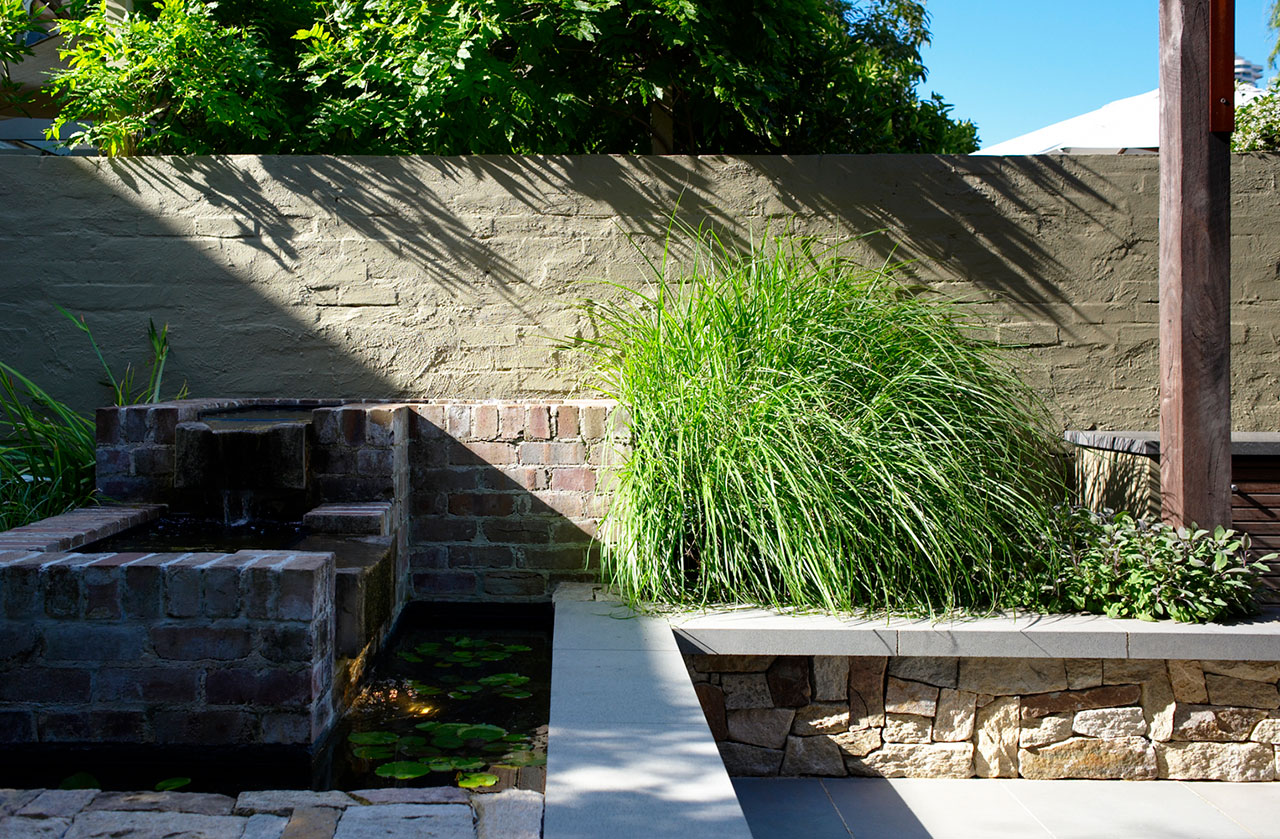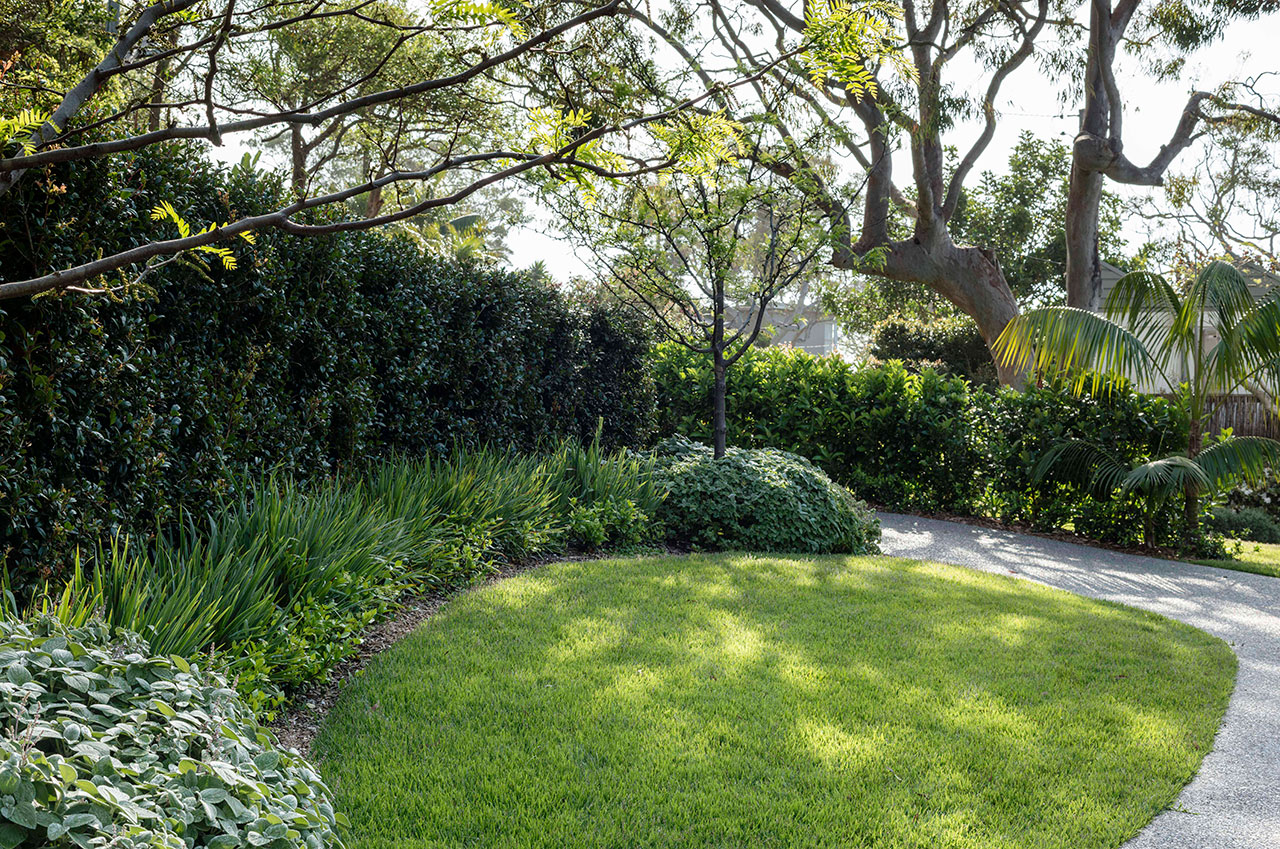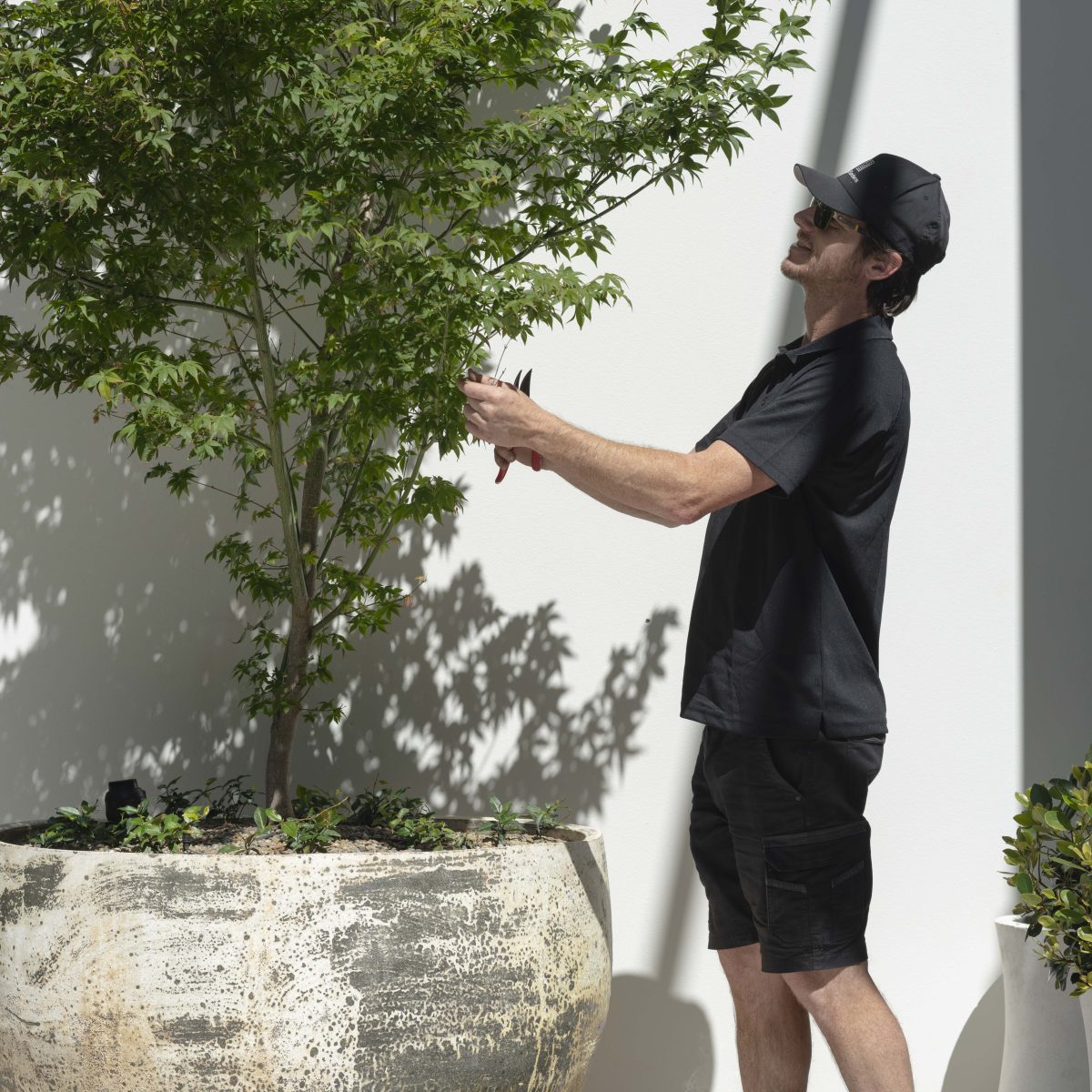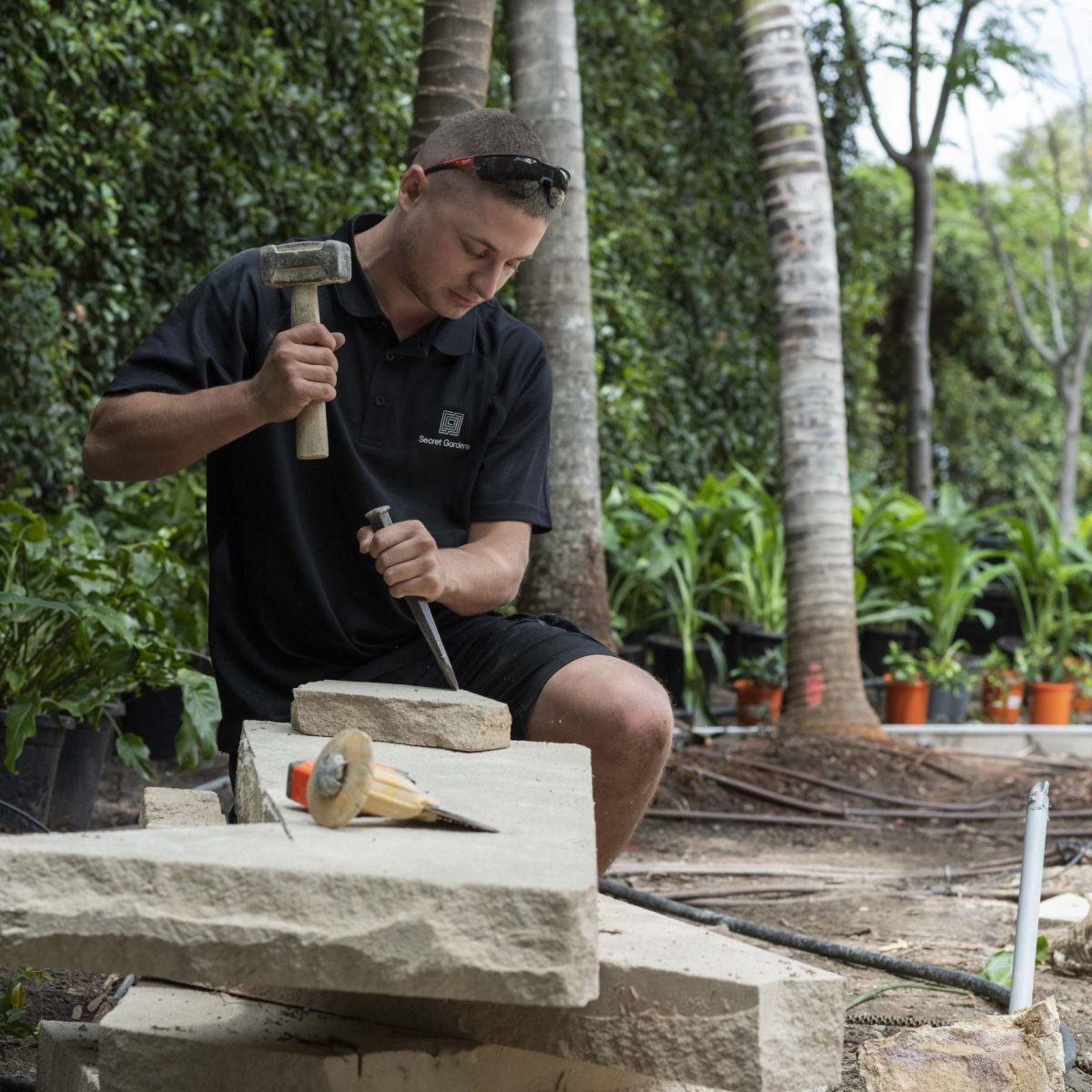Do your due diligence
Getting a building inspection is a standard step before buying a house. Many people will also walk through the property with an architect or a builder to help them spot a home’s potential pitfalls and possibilities, but hardly anyone ever consults a landscaper before signing on the dotted line! Depending on the scale of the project and the particular challenges of the site, a garden renovation can be as big – and expensive – a job as a house renovation, so it’s worth doing your due diligence in this area.
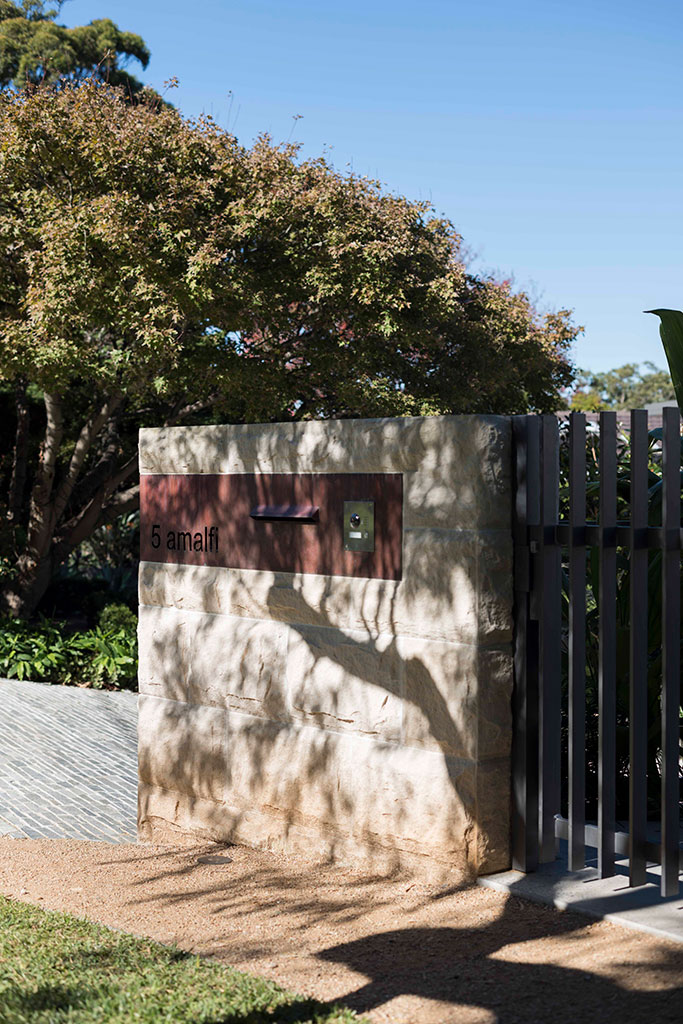
What do you need to know?
Light is a major consideration in any garden, so the first step is to figure out where north is and how the light will change from season to season. Look at the existing plants and trees – not only in the garden in question, but also in the neighbours’ gardens, which may impact on your own. Big trees could mean overshadowing or loss of view in the growing seasons or in the next five to 10 years. It’s common for people to underestimate how big a tree will get, or how full and leafy a deciduous specimen will be outside winter – and it’s often difficult or even impossible to remove a healthy, established tree, due to council restrictions.
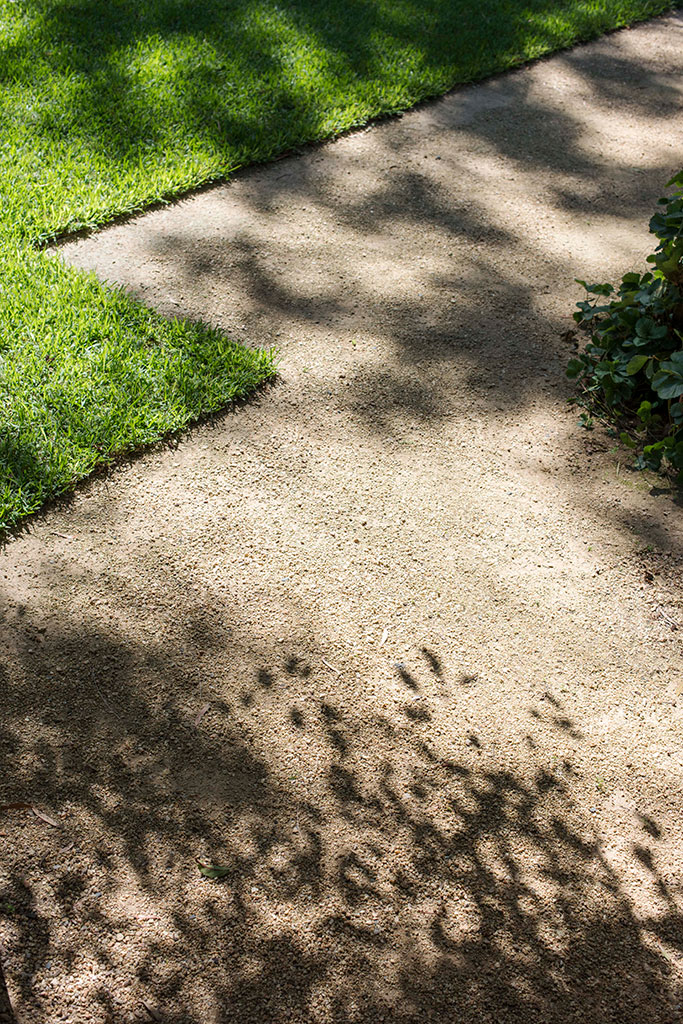
Get to know the council
Local councils have strict rules about things like landscape ratios – structures and paving versus lawns, gardens and penetrable land – which could well put the kibosh on your plans for a pergola or extended patio. Pools are another area in which council regulations can be firm and unforgiving; some will require that pools be a certain distance from boundaries, which becomes an issue in a narrow garden, while overhanging trees or ‘climbable’ structures can also destroy your dreams of summertime swimming. If you’ve got certain items, like a pool, on your must-have list, you really need to check out whether the local council will be on board.
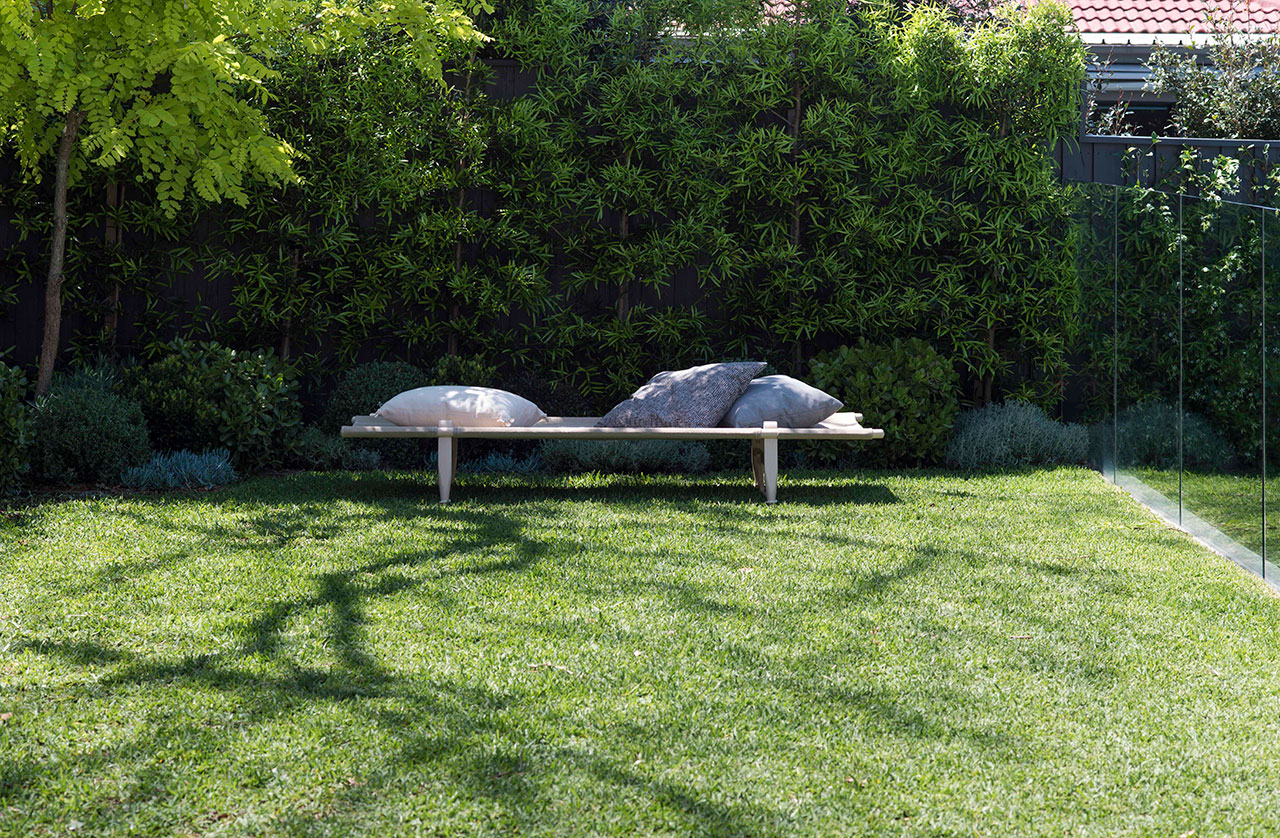
On the positive side…
There are things to look out for in a property that could make it the home of your dreams. These might depend on your particular needs – a stretch of lawn for backyard cricket, for example – but generally speaking, look for solar access (maximum light in winter and protection from the sun in summer) and potential for privacy.
The last word from Secret Gardens is simple: any garden is better than no garden. Even if it means stretching the budget or making compromises, if you can buy a home with even the tiniest patch of garden or a view of some kind of greenery, the joy it will bring you is worth the investment.
